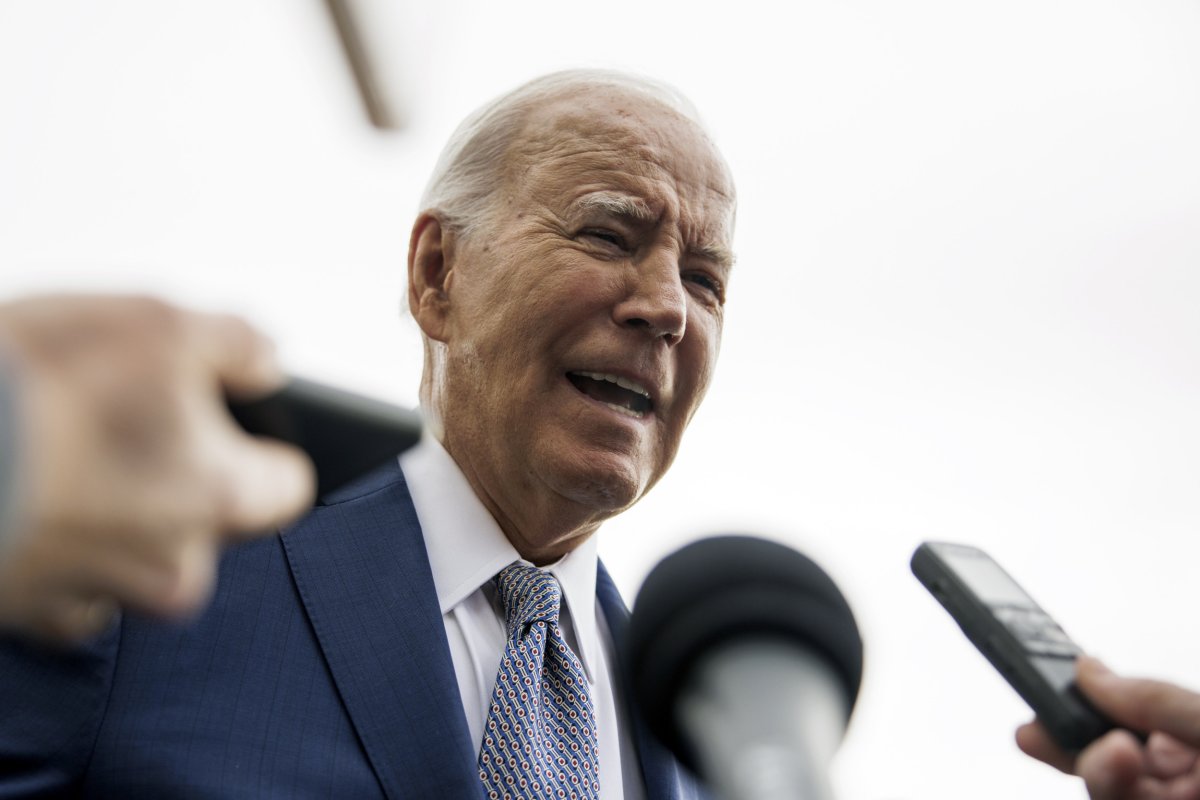In U.S. foreign policy, President Joe Biden's Middle East strategy remains a beacon of diplomacy, dialogue, and unwavering commitment to Israel. Recent events, like the airstrikes in Yemen, prompt a crucial reexamination of his approach and Congress' role. This underscores the necessity for transparency and accountability in navigating complex challenges, including the Israeli-Palestinian conflict, South Africa's U.N. actions, and Houthi attacks in the Red Sea.
Recent U.S. and U.K. airstrikes against Houthi targets extend beyond addressing shipping attacks, marking a perceived unjust aggression by an Iran-funded group. This shift alters Biden's once pragmatic approach, prompting a firm response. Congress, led by Biden, must actively engage in decision-making among allies in the region and amid airstrikes in Yemen. These events prompt vital dialogue, emphasizing the need for a thoughtful approach to shape America's vision for the Middle East, considering enduring conflicts and geopolitical challenges. Achieving balance requires Congress' active involvement in understanding military action implications.
The Houthis' defiance goes beyond mere bluster, showcasing resilience despite being targets of a lengthy Saudi-led bombing campaign. The recent attack serves to enhance their status among Iranian-backed groups and those seeking resistance to Israel's military campaign in Gaza. This adds complexity to the situation, underscoring the nuanced dynamics at play in the region. The commercial and shipping dimension is just one facet; the geopolitical implications and the Houthis' ability to absorb strikes contribute to the intricate landscape of Middle East politics.
So, Biden must adjust his foreign policy, especially as the 2024 election gains crucial significance. A Donald Trump victory could pose the risk of a more ideological and potentially violent approach to the Middle East, potentially compromising Biden's pragmatic diplomatic approach undertaken since the Oct. 7 Hamas attack on Israel. Additionally, recent college campus pro-Palestine protests introduce an intermestic dimension, injecting politics into the topic among Democrats and Republicans and shaping perspectives in the domestic political landscape.
Moreover, Biden's pragmatic diplomatic approach goes along with electoral politics. With the U.S. having the second-largest Jewish community globally, estimated at 6.3 million people, 61 percent of Jewish American voters support the two-state solution. Yet, Pew Research found that Americans (65 percent) say Hamas bears a lot of responsibility for the current conflict than the Israeli government (35 percent).
The Biden administration must put more pressure on Israel to end the Gaza conflict, opposing settlement activity and annexation that undermine a two-state solution. The White House emphasizes that Jerusalem is still on the table, affirming a commitment to seeking a peaceful resolution in the Israeli-Palestinian conflict. This underscores Biden's pragmatic approach, prioritizing diplomatic solutions over ideological considerations.
Specifically, Congress must play a crucial role in helping the administration address human rights violations and foster transparency, especially in its engagements with key regional players like Egypt and Saudi Arabia. Recent corruption charges against Senator Bob Menendez pose challenges in maintaining diplomatic ties with Egypt. The longstanding support for Cairo's military regime, despite human rights concerns, is jeopardized by bribery allegations involving the influential senator. In addition, the transparency report led by Representative Jaime Raskin (D-Md.) in the House revealed financial dealings between Saudi Arabia and the Trump corporation, benefiting the former president with over $615,000 that was spent at the Trump World Tower and Trump International Hotel during his presidency. While these revelations further complicate U.S. foreign relations in the Middle East, they also make it clear what regional partners are doing and how they are engaging with the U.S. on both sides of the aisle.

Furthermore, the recent South Africa case in The Hague adds another layer to the human rights discussion. South Africa argues that, as a party to the Genocide Convention, it has an interest in preventing genocide and ensuring that any commission of genocide (or failure to prevent it) does not go forward with impunity. Essentially, this revolves around a peremptory norm of international law, specifically the prohibition on genocide, and the obligations of states generally to ensure its adherence. While, Israel is likely to present counter arguments, challenging South Africa's stance in this legal context has become an ethical question too for many not only in The Hague but also in the United State for its 2024 electorate.
Biden's Middle East policy is more pragmatic than an ideological Trump presidency would be—standing as a beacon of diplomacy, dialogue, and unwavering commitment to Israel. Recent events and legal complexities shape this recalibration, emphasizing the need for thoughtful solutions and the crucial role of Congress. As Biden navigates these challenges, he must emphasize the opportunity to fortify a commitment to just and equitable engagement in the Middle East, while highlighting the potential risks associated with an alternative leadership approach.
Heidi Jane Smith, PhD, is a Democratic analyst and professor at Universidad Iberoamericana Mexico City.
The views expressed in this article are the writer's own.
Uncommon Knowledge
Newsweek is committed to challenging conventional wisdom and finding connections in the search for common ground.
Newsweek is committed to challenging conventional wisdom and finding connections in the search for common ground.
About the writer
To read how Newsweek uses AI as a newsroom tool, Click here.








